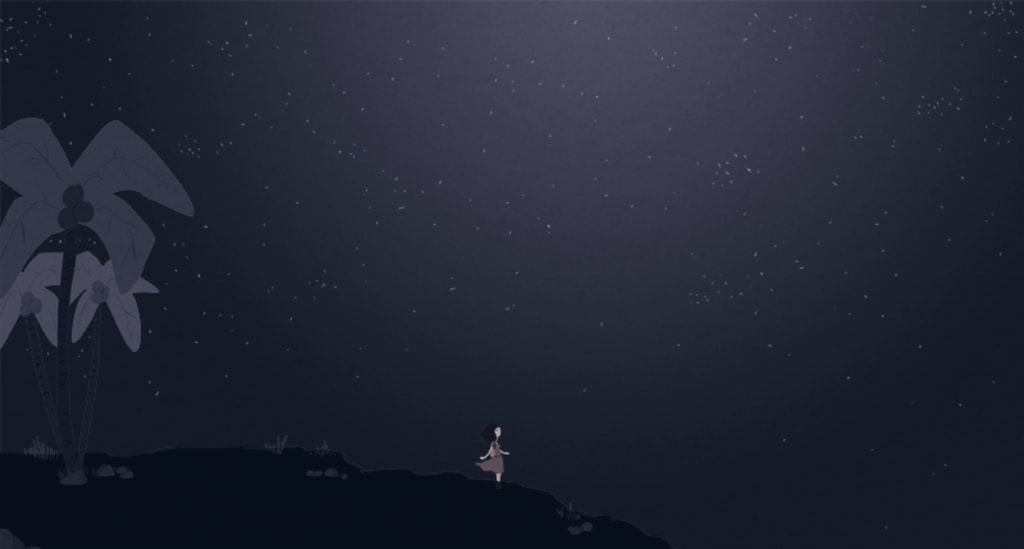The Loneliness of Humankind | Part 2
Humans are quite rare species. Abstract thinking has, on the one hand, reformed our brain, granting us the eminence over other species.

2. Forlornness - modern humans' "sumptuous feeling."
The human society has evolved at a rate that outstrips that of biological evolution. The Holocene calendar claims that humans first settled down roughly 12,000 years ago, while Homo sapiens had formerly existed for 200,000 years. Insomuch as the "fight or flight" mechanism must have been dated to as early as mega-annum ago, since the dawn of the first species with the sympathetic and parasympathetic nervous systems.
Modern science has it that genes and environment have been the two factors crucial to our development. While genes have been evolutionary, biological, and rather stable for thousands of years, our living environment has always been "ever-evolving".
Such a conflict has done a "disservice" - obnoxious feelings - to humans since our biological bodies have every so often responded to the stimuli from the modern environment.
Loneliness has been among the "new", recently emerging feelings we could experience.
Skeptical?
Not until 1959 did psychiatry pick up on the so-called "lonely" feeling mentioned in Fromm-Reichmann's essay.
Alberti's "A Biography of Loneliness: The History of an Emotion" argued that loneliness had formerly rarely existed before the 1800s, or at least no one was diagnosed as chronic. The widows and handicaps had pro tempore grieved loneliness, yet soon enough rehabilitated or out themselves to death before they could have got their feelings told off.
Robinson Crusoe, albeit being a renowned novel on the sailor alone on a desert island, did hardly mention any "lonely". "Alone" instead ousted for 13 times. Alberti, like this, argued that the word "loneliness" had been incredibly rare in literary works before the 1800s.
This is interpreted as humans are highly social species since our forlornness has not long ago popped up. So is the "loneliness" lasting long enough for anyone to notice?
Throughout human history, to endure "loneliness" had been to cease to exist.
Loneliness is a stressful state, a byproduct of the "fight or flight" response activation [9]. Such an obnoxious feeling reminds humans to stack up and again aid the entire community.
An individual, upon split-ups, could wreck both himself and his community.
Back in prehistoric times, loneliness triggered as an individual was lost from his tribe and came across abnormalities. To all appearances, they'd themselves kick the bucket unless they freaked out, quickly fled, and strive to return to their tribes. Such a feeling was as well a punishment for those against their tribes (stealing food, to illustrate).
Before the industrial revolution, people had still clung to each other to survive. The local system had held stringent "laws" to secure sufficient human resources to produce and distribute foods. Ostracization and expulsion, thus, had been among the gravest punishments - pretty much "suspended" death sentences.
Back then, one's existence had been contingent on their surrounding relationships. Not until having integrated into the community could they truly live. Those inflicted such a punishment, therefore, would have long died of starvation before they could develop some sense of forlornness. Even if one had formerly experienced it, he could hardly ever told it to anyone, for others neither willed to listen nor understand it.
In conclusion, before the 1800s, those suffering from chronic loneliness would have ceased to exist since they had been suffocated before they could ever feel it.
Except for the royal families - the noble who had had no choice but to live with the prolonged loneliness.
The invention of mirrors and individualism, however, radically changed everything. Thanks to self-actualization, we humans could anticipate far beyond our biological instincts. The dawn of individualism marked the watershed moment, from which we've decided to grin and bear loneliness as we've cherished our privacy.
Social order has since witnessed profound changes. The traditional family system (multigenerational) has little by little ousted nuclear families (husband, wife, and children).
The typical houses have as well been split into different rooms for individual members, who later move out into private homes.
Insomuch as the industrial revolution and the rise of capitalism have propelled us to new, yet less tight-knit environments. Given other harmonized workers in your factory, your cold-heartedness could hardly ever "kick your bucket".
It's also when, for the first time, we humans could undergo loneliness/forlornness/aloofness.
About the Creator
Mush Boxey
Be who you are and say what you feel, because those who mind don't matter and those who matter don't mind.
I'm a writer!
Welcome to my life!






Comments
There are no comments for this story
Be the first to respond and start the conversation.